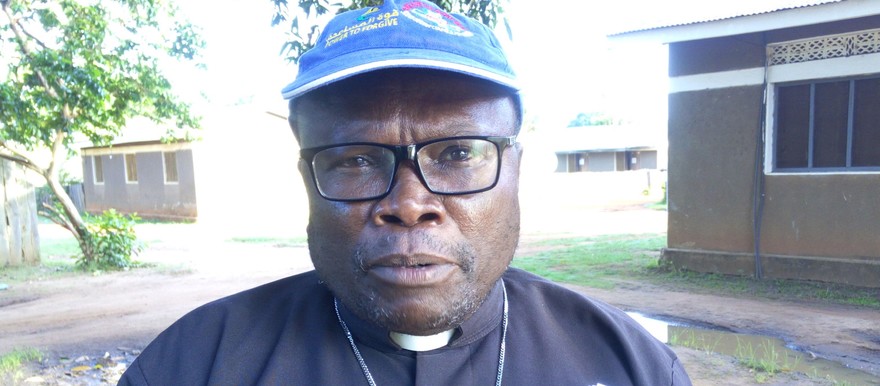The deputy chairman of South Sudan Council of Churches, Rev. John Okumu Hakim has applauded parties to the peace deal for maintaining relative ceasefire in recent months.
Speaking to Radio Tamazuj on Monday, Okumu said churches reported silence of guns, positive confidence building and warring parties have allowed free movement of civilians in parts of the country.
“The current view as a church is that we have seen a comprehensive ceasefire, and the revitalized peace agreement has been embraced by the parties. What we have seen is the confidence building all over the country by the parties who appended their signature to the agreement,” said Okumu.
“I was also happy to see all the parties in the RJMEC [Revitalized Joint Monitoring and Evaluation Commission] eating on one table. That is something positive from the parties to the agreement,” he added.
The religious leader, who is currently a member of the faith-based group in the RJMEC, observed that although positive steps have been taken by the parties to implement the peace agreement, some civilians in rural villages are witnessing violations of the peace by some of the parties and holdout groups.
He said churches all over the country have embarked on preaching, reconciliation, trauma healing and advocacy activities.
“In some areas, people don’t see peace because they are suffering. There is still restriction in terms of movement and also high economic challenges. The inward and outside wound healing is what we are doing now. We will continue to go to the people to hear their suffering in other areas to speak on their behalf,” stressed Okumu.
Meanwhile, the religious leader appealed to the parties to recommit themselves to the full implementation of the provisions of the accord to end the civil population’s suffering.
“To the leaders and parties to the agreement, what we always tell them as a church is to commit themselves in spirit and letter to implement the peace agreement because that is their commitment in the agreement. They should, consistently without delay, implement all the articles in the agreement,” said Okumu.
He said people voluntarily returning home want to see real peace to go back with positive messages of peace as the situation normalizes.
President Salva Kiir, opposition leader Riek Machar, and several opposition groups signed a peace deal last year to establish a transitional government by May 12, 2019.
But the formation of the government was extended by six months to November after the parties failed to implement key provisions of the agreement such as creating a unified army and determining the number of states.




